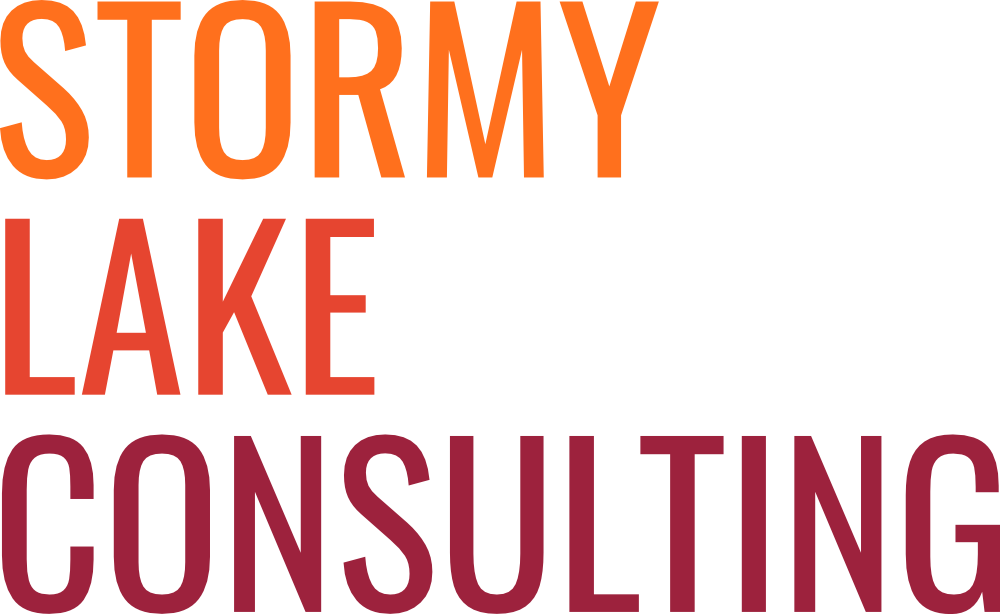Listening to experts. Or not: The Weekly COVID Update
Spring is turning into summer and lockdown is easing. Both are contributing to a rise in the desire to gather with friends. Within the specific context of the COVID-19 conversations online, volume is growing significantly:
But can we gather? Do we have “permission”? Are we “comfortable”? Will it be “safe”?
Uncertainty plagues us. Not the existential uncertainty of the post-COVID world. The specific uncertainty of what I am allowed to do this weekend.
Lockdown was unambiguous. Stay home, wash your hands way more than usual and stay 6 feet away from anyone else if you have to go out.
The mask/no mask/mask debate surfaced, but we adjusted (and adjusted, and readjusted, and fogged up our glasses).
Now that we are entering restart, it is nowhere near as clear. Rules are shifting almost daily. We hear different guidelines from different places, not sure which ones apply to us. In the absence of reliable information, we make our own decisions about what we are able to do.
Deciphering the information is difficult enough. Compounding the challenge is that virtually everyone has a bias blind spot and we believe that we are making more objective decisions than others. That our way of evaluating the information about re-entering society is better.
For example, as we look around at social distancing behaviour, we believe that we are much more responsible than the average person:
In western culture, we are prone to overestimating our own abilities and achievements in relation to others—the Lake Wobegon effect (David Myers). If we’re good at something, we think we’re above average. And we fail to consider that other people are good at it too. This means people tend to think that we’re above average at easy things like grocery shopping, staying six feet apart, and only going out when necessary.
Can we have that dinner party or backyard barbecue with friends? Even if it is the worst dinner party ever? You know the one where…
Someone brought home-made wine but drank your really special stuff.
Your host forgot to put the noodles in the lasagna.
Mr. Handsy starts talking about open relationships.
The dog had a place set at the table. And ate there.
Charades.
You’re trapped in a corner with a guy telling you what’s wrong with beekeeping today, and you're the PhD Apiculturist.
But what if you are that guy? The boor.
This risk of being the boor is higher than you might like to think. It’s known as the Dunning-Kruger Effect, or more colloquially as “climbing mount stupid”:
In many areas of life, incompetent people do not recognize—cannot recognize—just how incompetent they are. It’s almost inevitable. For poor performers to recognize their ineptitude would require them to possess the very expertise they lack. Poor performers—and we are all poor performers at some things—fail to see the flaws in their thinking. For example, low-performing bridge players vastly over-estimate their competence (as much as they vastly over-estimate the cool factor of bridge).
Coping with extraordinary uncertainty, blind spots, not knowing what we don’t know, and overestimating our abilities is not limited to individuals. Organizations have these challenges too.
We surveyed our clients about how they are navigating the present. The most effective approach was to build the framework of a plan and use core values to guide strategy and implementation.
We can talk about our values all we want, but what we demonstrate through our behaviours is what people believe. This pandemic and the decisions we have made in the past two months has exposed our true values to our organization, our customers and just about everyone else important to us. We told the world what really mattered.
Organizations with tried and tested values have been able to cut through the uncertainty and make clear decisions. Values help you overcome biases and blind spots. These organizations are being rewarded by employees and customers alike.
Many organizations have lovely, warm values that read well in a corporate strategy but have little to do with the daily work. This disconnect might be more apparent than ever. And more important than ever to address.
Values can lead us in the most meaningful way, helping us decide how and when to enter new-normal and what we will do to support those people most important to us.
Even if we think we know more about bees.



